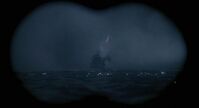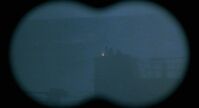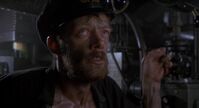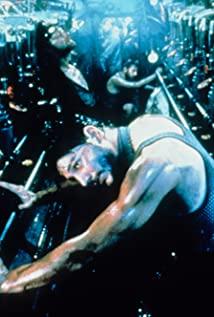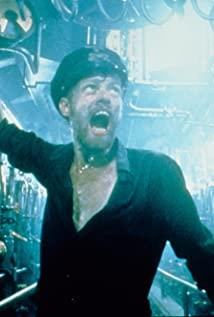The rest can be left untouched, as long as you cut the ending, you can make a lot of changes in the film (the version less than 3 hours is the standard, the existence of the 5-hour version is purely redundant). At the
end, after the engine is repaired, the submarine gallops in the wind and waves, accompanied by The theme song was
blacked out with subtitles
, and the subtitles were interspersed with the scene of sailors singing loudly in the cabin,
returning to the port to the end and throwing away
the ending or something, and finally giving the subtitles to tell the ship that the ship sank and people died.
Those who are interested can re-read the second half and imagine for themselves where I said, the effect will definitely be good. Hollywood movies do this, the Germans can't learn it.
—————
The above words were written a year ago, and now I feel that there is one less factor that was taken into consideration at that time, that is, the time of the story.
According to the movie, the story took place at the end of 1941, when the British fleet system was the weakest and the German wolf pack tactics were the most rampant. At this time, the bombing of the German submarine base by the Allied forces was not like a destroyer in the future. In fact, the pilots, like the members of the U96, took huge risks to attack, and they were lucky. Submarines came home with tenacity and luck, and were hunted by more tenacious and lucky pilots.
In this way, the ending of total annihilation has a completely different meaning. If it was the beginning of 1944 and Germany was in complete decline, this ending would be tragic. If it was at the beginning of 1942 and Germany was in full swing, then this ending would be a black humor. It's not pretty, but it's still interesting.
View more about Das Boot reviews



